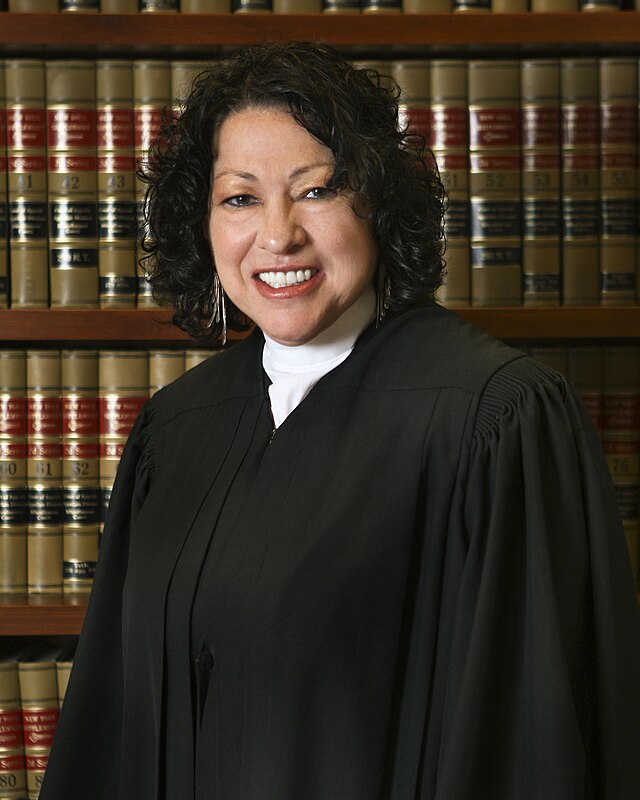“I never spoke Spanish growing up. I didn’t know a word of it. My grandmother spoke no English, and I could never communicate with her. I always just remember [being] like, “Oh, why didn’t my mom teach me Spanish?” So you must be wondering why I am writing about a “Hispanic role model” who never even learned Spanish growing up. Even though she didn’t grow up without learning Spanish, she still knew it later in life. That doesn’t make her less of a Hispanic. Some people worldwide didn’t grow up learning Spanish and ended up learning other languages along the way. She made and was in a lot of movies/TV shows and one of them is a reality TV show, Desperate Housewives.
Longoria has spoken openly about her upbringing, revealing that she never spoke Spanish as a child. Her grandmother, who only spoke Spanish, was someone she could never communicate with due to the language barrier. Longoria has expressed the frustration of not being able to speak Spanish and has wondered why her mother never taught her the language.
However, Longoria’s story is a testament to the fact that language proficiency does not define one’s cultural identity. While she did not grow up learning Spanish, she later made efforts to learn and embrace the language and her Hispanic heritage. This journey of reconnecting with her roots resonates with many individuals who have similar experiences.
It is essential to recognize that being Hispanic is not solely defined by language fluency. Longoria’s success and influence in the entertainment industry have made her a role model for people of diverse backgrounds. Her story serves as a reminder that cultural identity is multifaceted and can evolve.
Despite not growing up speaking Spanish, Longoria’s impact as a Hispanic role model is undeniable. Her journey of embracing her heritage and advocating for diversity has inspired many, demonstrating that cultural identity is complex and personal.








